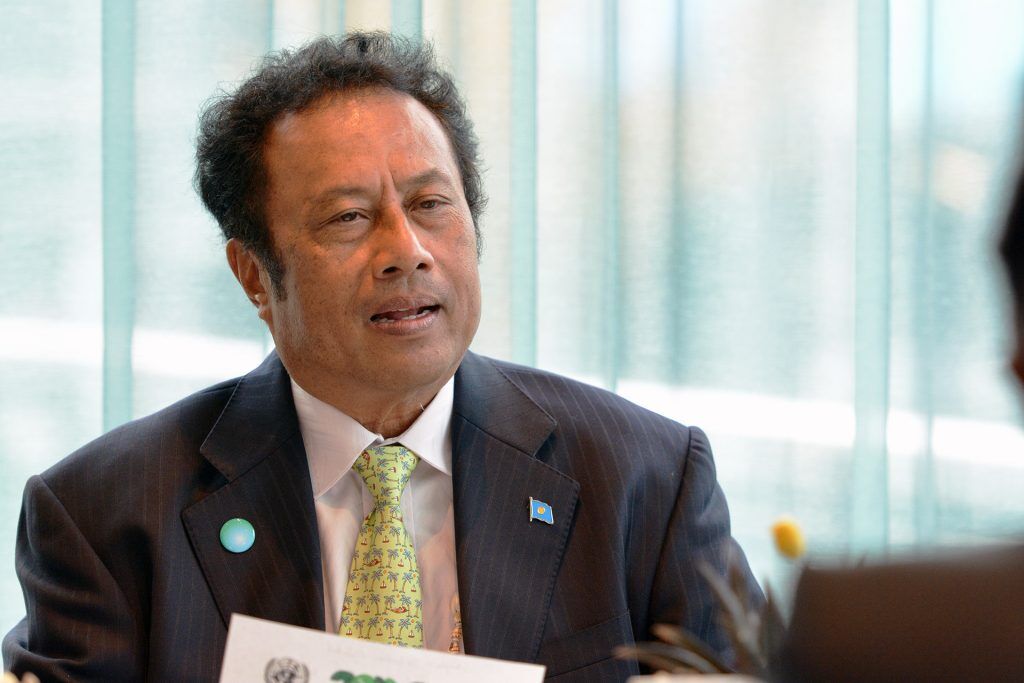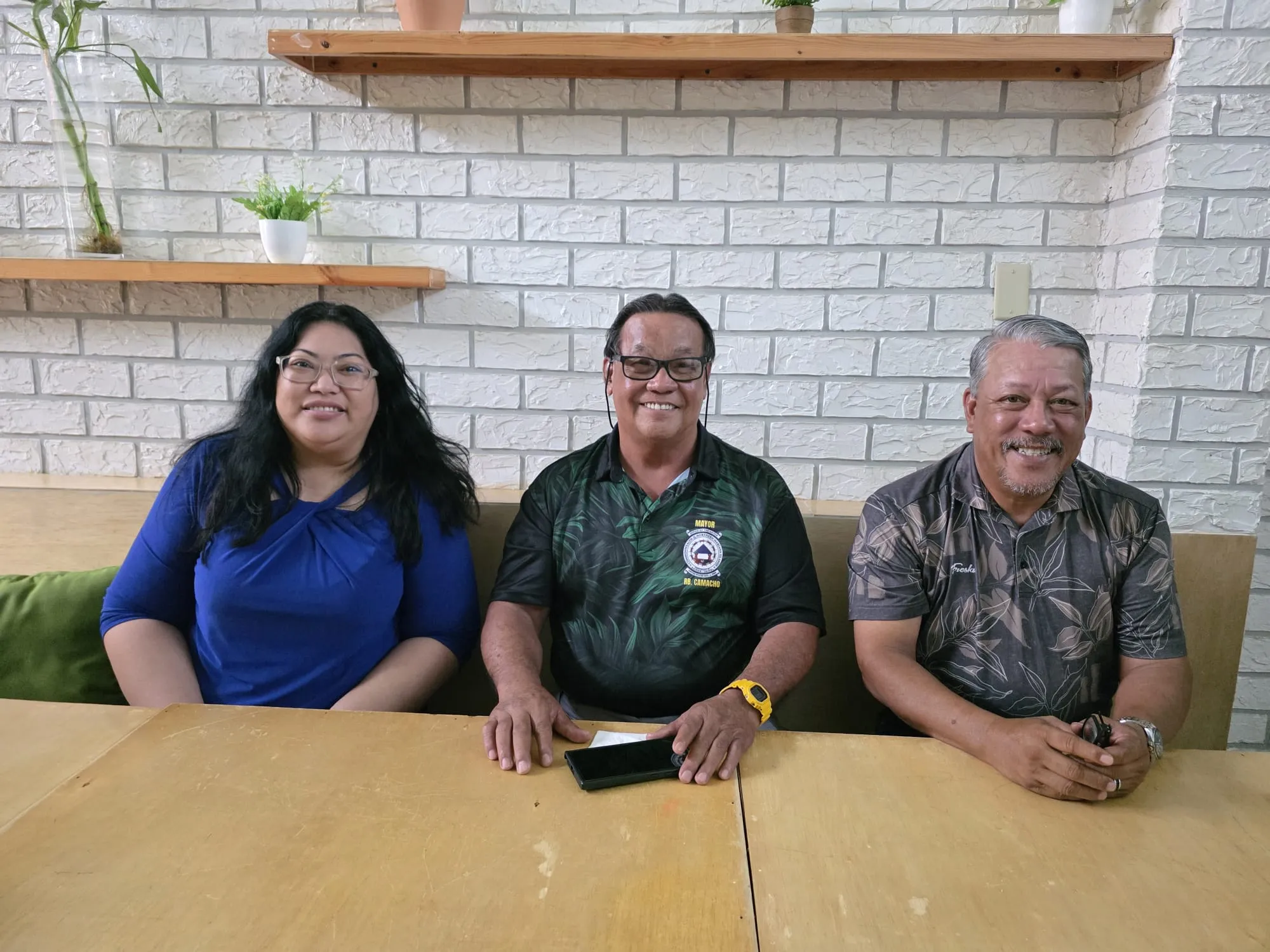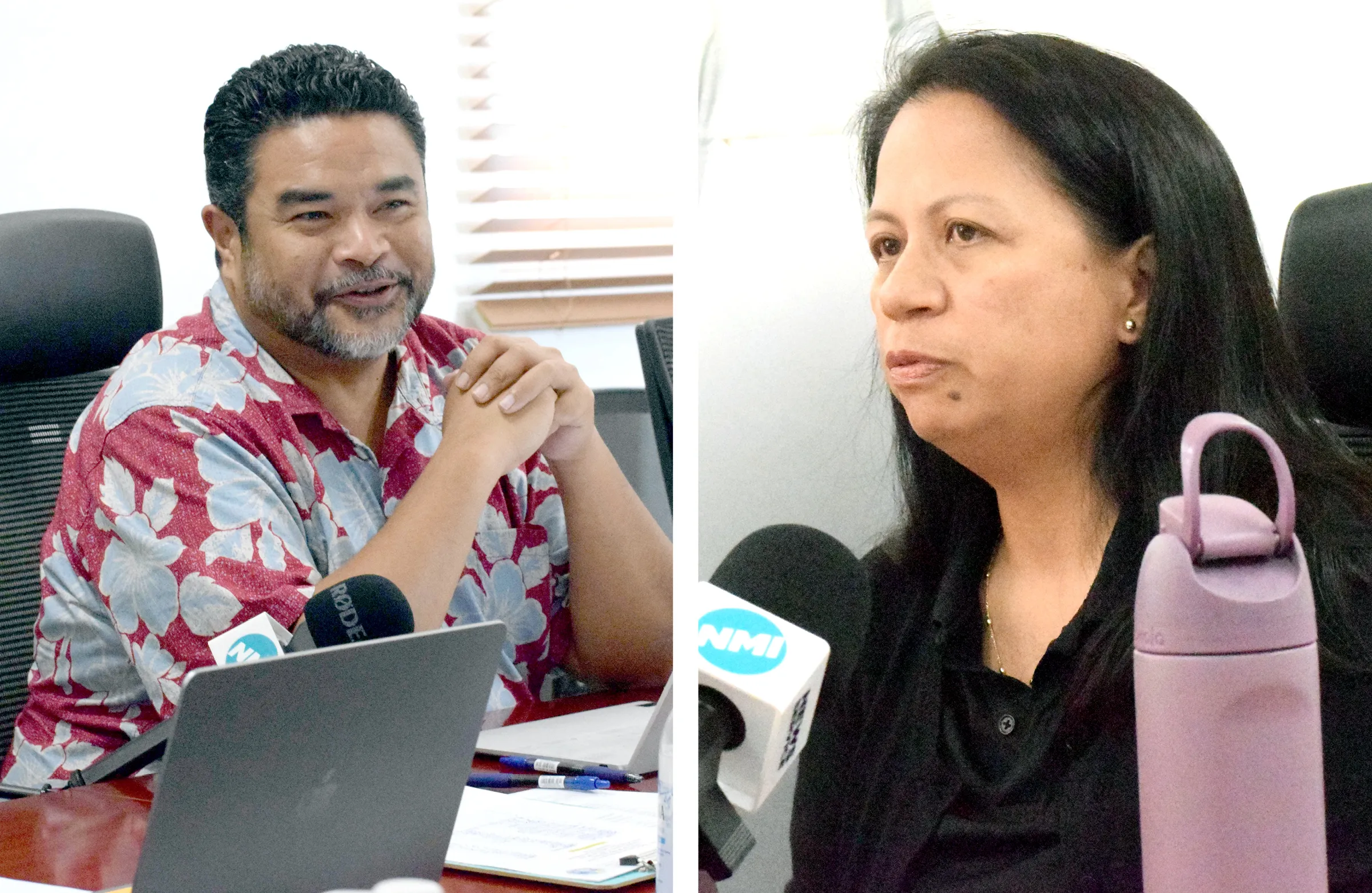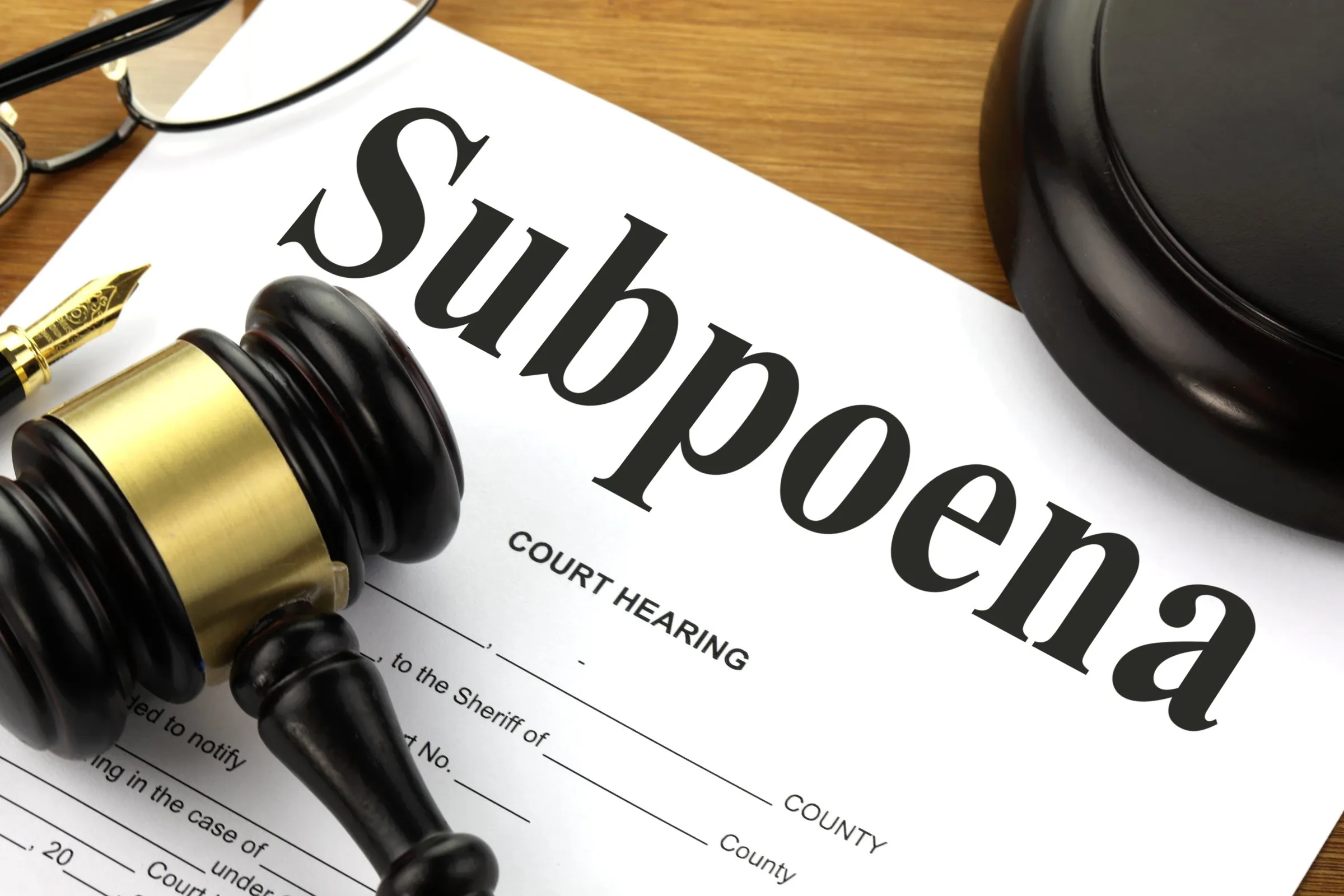
Tommy Remengesau Jr.

Surangel Whipps Jr.
KOROR (Island Times/Pacnews) — Palau’s presidential debate on Thursday night showcased significant differences in policy positions between the two candidates, President Surangel Whipps Jr. and his brother-in-law, former President Tommy E. Remengesau Jr., on issues such as the economy, foreign relations, governance, and cultural policies.
On economic policy, the Palau Goods and Services Tax became a major point of contention. Remengesau argued that the tax is a primary cause of the high cost of living and contributes to the outmigration of Palauans. Whipps defended the tax as a necessary reform to support economic growth and fund essential government services.
Regarding foreign policy, both candidates expressed support for Palau’s diplomatic relationship with Taiwan, but differed on regional security. Whipps emphasized his stance that “presence is deterrence,” voicing strong support for U.S military presence in Palau as vital to national security. He reiterated his belief that Palau should be considered part of U.S Homeland Security. Remengesau, for his part, said climate change is Palau’s primary security threat while acknowledging the U.S role under the Compact of Free Association. He also maintained that Palau is “enemy to none and friends to all.”
On governance, Whipps said the government is transparent, adding that Palau’s “robust media landscape” is evidence of open governance. Remengesau, however, suggested that the government is not fully transparent, citing a lack of timely information about U.S military activities and Compact negotiations.
The debate provided a platform for both candidates to articulate their views on key issues concerning Palauan citizens. While both candidates identified similar challenges, their proposed solutions differed sharply, with Remengesau stressing the need to address existing problems while Whipps pushed for a forward-focused approach.










